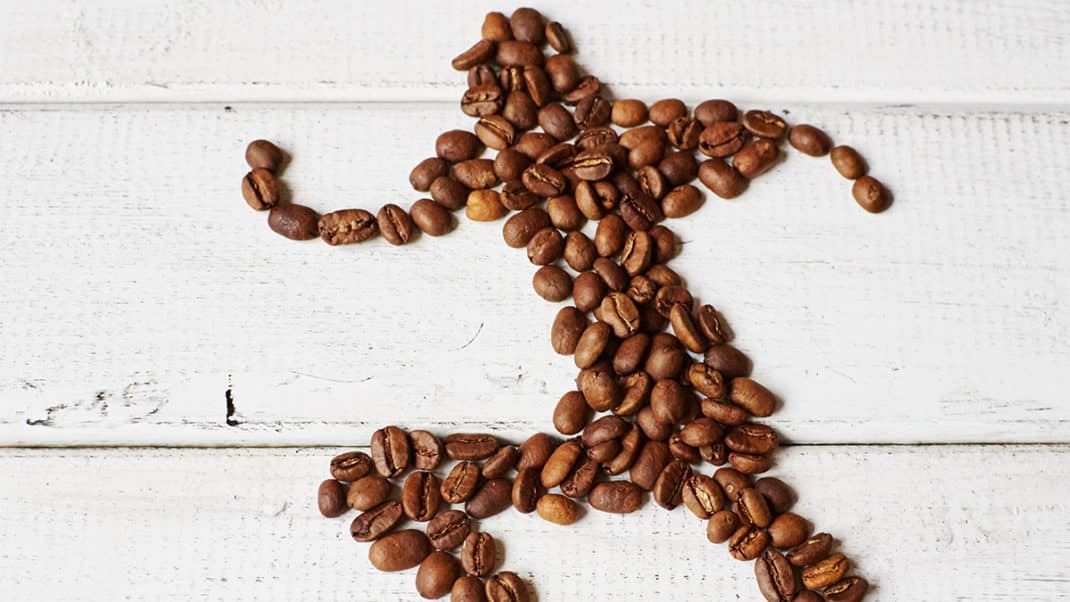
While most athletes will claim they don’t do drugs, they may overlook the fact that caffeine is the most widely consumed psychoactive drug in the fitness world!
Athletes of all stripes will turn to this stimulant to help them get through a tough workout or race. But as with any good thing, too much caffeine can be problematic and backfire when it comes to performance—and maybe even overall health status.
A review of the evidence pertaining to caffeine supplementation and exercise performance published in the European Journal of Nutrition found that tachycardia (heart palpitations) and trouble falling asleep were the most prevalent side effects in athletes using caffeine. These were more likely to occur at higher doses (3.1–6.0 milligrams of caffeine per kilogram of body weight) and could last up to 24 hours after exposure.
A dose of about 3.0 mg caffeine per kg body weight appears to be optimal for enjoying a performance benefit with less side effects. Still, for the individual, a bit of trial and error is needed as, even at lower intake levels, some athletes will experience sleep disruption and other symptoms that are hardly conducive to performing like a champ.
See also: Caffeine for Endurance Performance
Matthew Kadey, MS, RD
Matthew Kadey, MS, RD, is a James Beard Award–winning food journalist, dietitian and author of the cookbook Rocket Fuel: Power-Packed Food for Sport + Adventure (VeloPress 2016). He has written for dozens of magazines, including Runner’s World, Men’s Health, Shape, Men’s Fitness and Muscle and Fitness.





